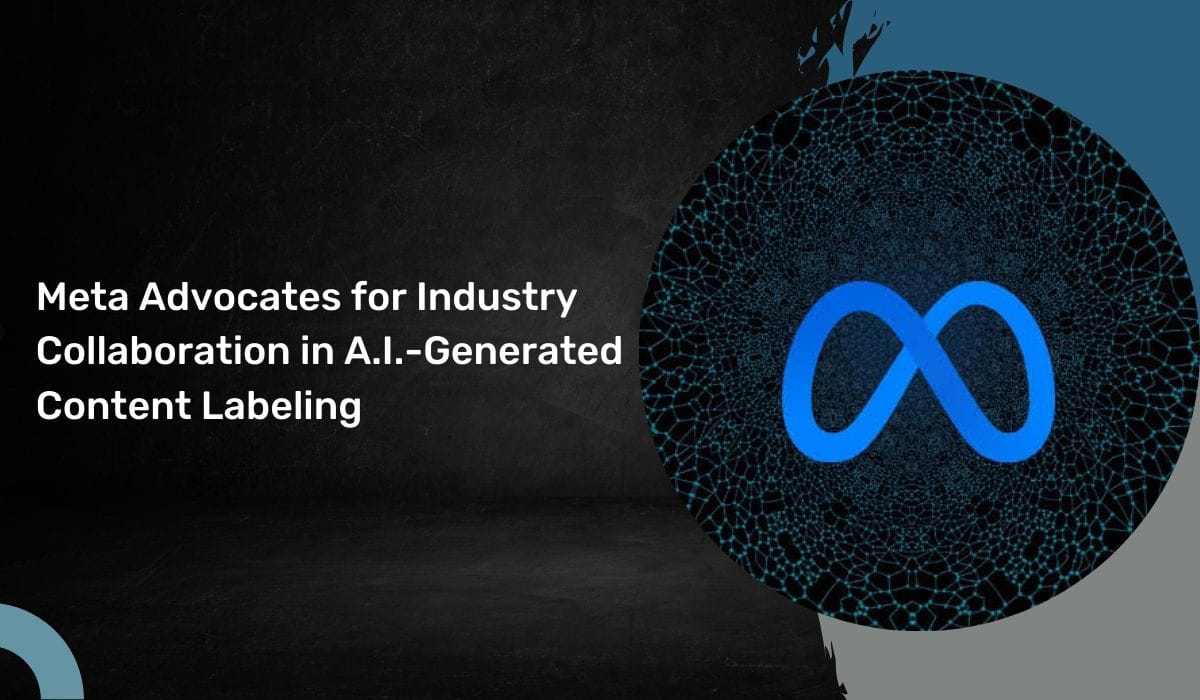
Last month, during the World Economic Forum in Davos, Switzerland, Nick Clegg, president of global affairs at Meta, emphasized the pressing need for the tech industry to address the detection of artificially generated content. He described it as "the most urgent task" facing the industry today.In response to this challenge, Meta announced on Tuesday its proposal for technological standards aimed at aiding companies across the industry in identifying markers within photo, video, and audio materials. These markers would indicate if the content was generated using artificial intelligence. If widely adopted, these standards could significantly assist social media platforms in swiftly recognizing and labeling A.I.-generated content.
As concerns grow over the potential misuse of A.I. tools in influencing events like the upcoming presidential election in the United States, Meta's initiative gains relevance. Instances of fake videos and robocalls employing A.I.-generated content have underscored the need for action. Senators Brian Schatz and John Kennedy previously proposed legislation to address this issue, emphasizing the importance of disclosing and labeling artificially generated content.Meta's proposal centers on leveraging existing technological specifications like the IPTC and C2PA standards, commonly used in news organizations and photography. By embedding information about content authenticity into metadata, these standards offer a means to combat misinformation. Companies such as Adobe have been advocating for the adoption of these standards through initiatives like the Content Authenticity Initiative.
Meta's approach not only aims to detect A.I.-generated content but also seeks to encourage user transparency. Users uploading such content to Meta's platforms are required to label it accordingly, with penalties for non-compliance. Additionally, Meta reserves the right to add prominent labels to posts deemed to have a high risk of misleading the public.Despite technological advancements, detecting fake content remains challenging due to the rapid evolution of A.I. technology. Meta acknowledges the ongoing arms race between bad actors and detection methods. While other platforms like TikTok and YouTube have introduced labeling policies, Meta's proposal seeks to streamline these efforts across the industry. With the upcoming election year in mind, Meta emphasizes the urgency of action, aiming to rally more companies to participate in these standards.